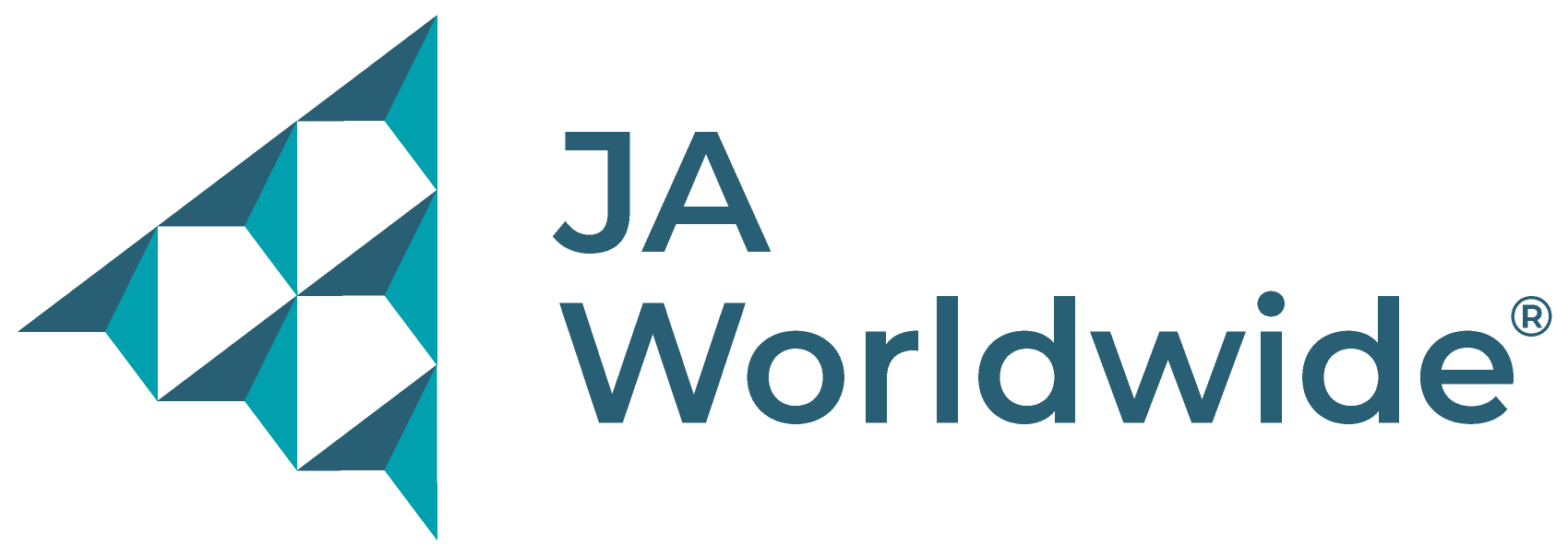JA Global Impact
Today, more than ever, non-governmental organizations are under pressure to demonstrate impact to key stakeholders and investors. For JA, this is simply part of our culture. JA is a data-driven network that uses research and evidence not only to demonstrate our impact but also to make critical programmatic and policy decisions. We are constantly building our capacity to collect data, identify impacts, and develop systems for reporting and using data. As a global organization that operates in 115 countries with over 50 different learning experiences, building this body of evidence has involved partnering with many different researchers in multiple countries to conduct numerous evaluations and studies.
At JA, we celebrate all forms of impact, from those that incubate global social movements to those that foster better outcomes for individuals, families, and communities. Since our founding, millions of JA alumni have built new ventures from the ground up, won election to the highest political offices, studied at leading universities, and invented products that have revolutionized industries. Millions more have built ethical and sustainable small businesses that help the world meet the challenges of the UN Global Goals for Sustainable Development. And millions of other JA alumni have achieved less well-known—but no less laudable—successes, like being the first in their families to graduate from college, spending less than they earn in order to save for retirement, and becoming respected and effective leaders.
As a result of their JA experiences, our alumni start more companies, hire more employees, and produce significantly larger annual sales than ventures led by non-alumni. Our alumni also save more, hold less debt, and are less likely to spend more than they earn. JA alumni report higher levels of household income and career satisfaction. And they’re less likely to drop out of school, face unemployment, or collect social insurance.
Data in this report are sourced from over 40 studies of JA learning experiences from 2007 to 2022, using robust research methods to understand program impacts. The results of these studies speak to the importance of our programs in addressing global economic issues among youth. However, we are interested in more than the impact of our learning experiences—especially how these experiences can be implemented most effectively inside and outside of the classroom. JA is now using data from these studies to inform our practices as part of a process of continuous improvement, ensuring that our programs are designed based on valid and accurate research findings, are robustly impactful to the youth we serve, and build critical alliances in civil society. (download here or view as a flipbook, below).

